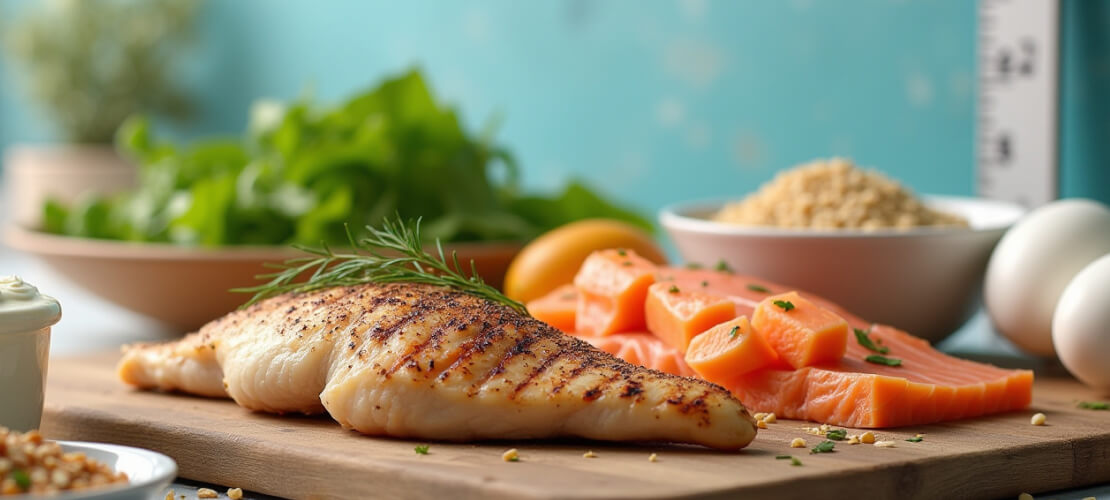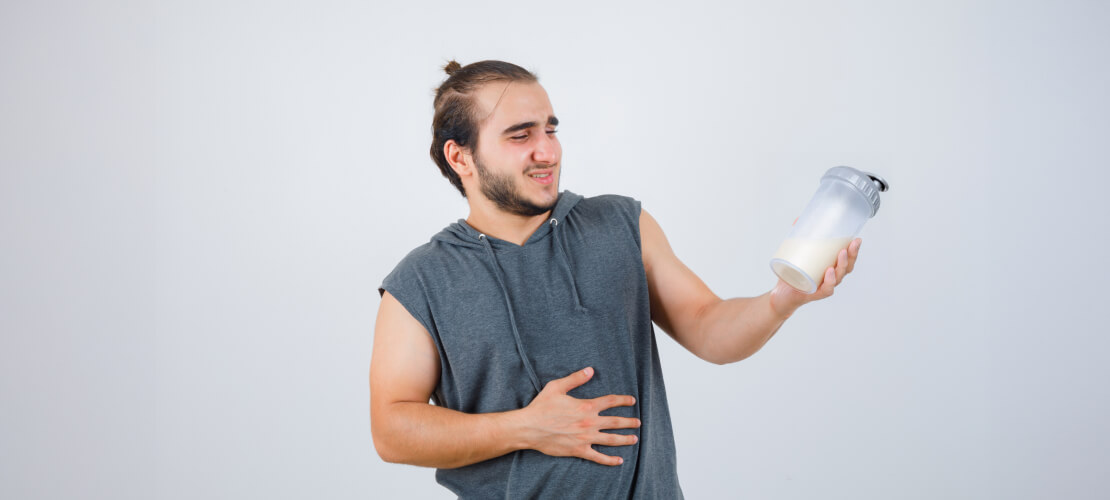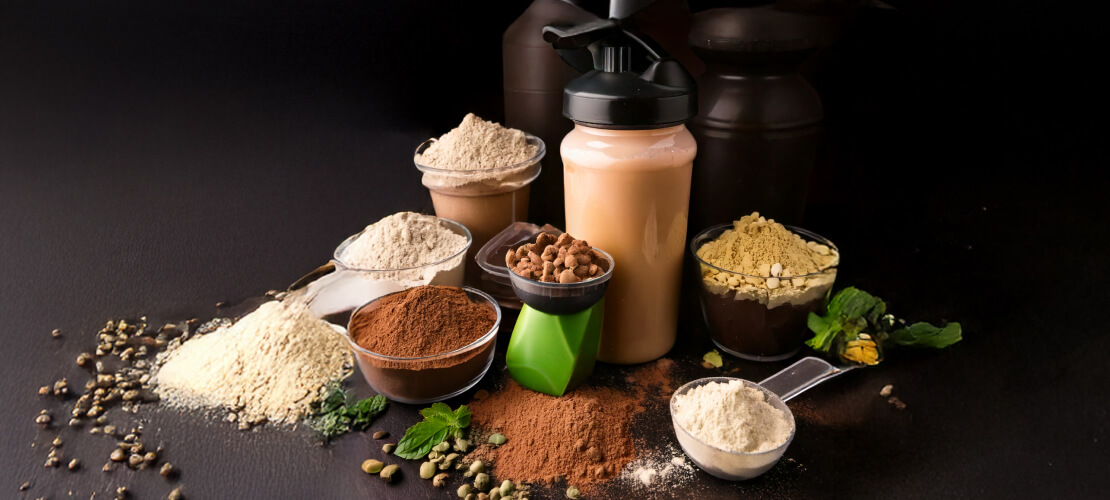Why Lean Protein Matters for Growth and Development
What Is Lean Protein?
How Protein Affects Height and Bones
- Builds the collagen framework of your bones: Collagen is a protein-based structure that acts like scaffolding for your bones. Without enough protein, you can’t build or maintain that framework, meaning bones may become weaker or brittle over time.
- Boosts growth hormones like IGF-1: IGF-1 (Insulin-like Growth Factor 1) is a key hormone that stimulates growth in bones and tissues. Protein-rich meals encourage your body to produce more of it, especially if you’re still in your growth phase.
- Improves calcium absorption and muscle mass: While calcium builds strong bones, it needs protein to be effectively absorbed and used. Plus, muscle and bone health go hand in hand aiding in stronger muscles to support posture, joint stability, and overall frame.
- Prevents delayed growth in children and teens: Children who don’t get enough high-quality protein in their diets are more likely to experience slower growth, lower bone mass, and reduced height potential.
Best Lean Protein Sources for Height Increase
Animal-Based Options
- Chicken breast (skinless): A lean, high-quality protein that’s versatile and easy to cook. Grilled, roasted, or added to salads, it’s a simple way to pack in protein without much fat.
- Eggs: One of the most complete protein sources out there. The white is nearly pure protein, while the yolk contains essential fats and vitamins like B12 and D, which also support bone health.
- Fish (like tuna, cod, and salmon): Rich in protein, omega-3 fatty acids, and vitamin D. Salmon, in particular, promotes calcium absorption and is great for maintaining joint flexibility.
Low-fat milk and yoghurt: These dairy products are excellent for bone development. They provide protein, calcium, vitamin D, and phosphorus, making a complete combination for growing bodies.
Turkey: Often overlooked, turkey breast is lean, satisfying, and an excellent source of muscle-building protein with minimal fat content.
Plant-Based Options
- Tofu & Tempeh: Made from soybeans, these are complete plant-based proteins. They’re low in fat, high in protein, and can be cooked in dozens of ways to fit Indian, Asian, or Western dishes.
Lentils, chickpeas, kidney beans: These humble staples are full of plant protein and fibre. Lentils also contain iron and folate, which support red blood cell production and energy levels.
Quinoa: A rare grain that’s a complete protein, meaning it contains all nine essential amino acids. Great as a base for salads or a substitute for rice.
Nuts & seeds (in moderation): Almonds, pumpkin seeds, flaxseeds, and chia seeds are small but mighty. While slightly higher in fat, they contain healthy fats, protein, and important minerals like zinc and magnesium.
Green peas & spinach: Provide a surprising amount of protein. Adding them to your daily meals can give a small but steady boost to your total protein intake.
What Are Lean Protein Foods?
- Chicken breast: Grill or bake with herbs.
Fish (cod, tuna, salmon): Light and full of nutrients. Egg whites: Use them in omelettes or boiled.
Greek yoghurt (low-fat): Great breakfast or snack.Paneer made from toned milk: A desi favourite.
Tofu and tempeh: Perfect for curries and stir-fries.Lentils, beans, and chickpeas: Rotate them through the week.
Quinoa and amaranth: Use as a base for salads or meals.
Pumpkin seeds and chia seeds: Sprinkle into smoothies, dahi or muesli.
Lean Protein Benefits for a Taller Stature
- Helps Muscles and Bones Grow Together: Strong muscles support strong bones. They share a close relationship especially during physical activities like running, jumping, or strength training. The stronger your muscles, the more support they provide for your skeleton, which in turn helps maintain posture and spine health, both of which contribute to a taller appearance.
- Triggers Growth Hormone Activity: Your body naturally produces growth hormones, but some nutrients can encourage more production. Lean proteins rich in amino acids help your body release IGF-1, a powerful growth stimulant. Regular intake, especially at breakfast and post-exercise, can have noticeable effects on growth and development.
- Improves Nutrient Uptake: It’s not just about eating calcium, your body has to absorb and use it well. Lean protein improves how your body handles not just calcium but also magnesium and phosphorus, all of which are key to healthy bones and long-term structural strength.
- Repairs Tissue Post-Exercise: Whether you’re going through a growth spurt or hitting the gym, your body needs recovery time. Protein speeds up this process. It repairs tiny muscle tears and supports bone resilience so you can stay active and keep growing.
A Word from Bione
At Bione, we understand that nutrition plays a powerful role in how your body grows and develops, especially when it comes to protein. That’s why we’ve created a specially formulated Grow Protein Powder designed to support height increase, muscle strength, and bone health naturally.






